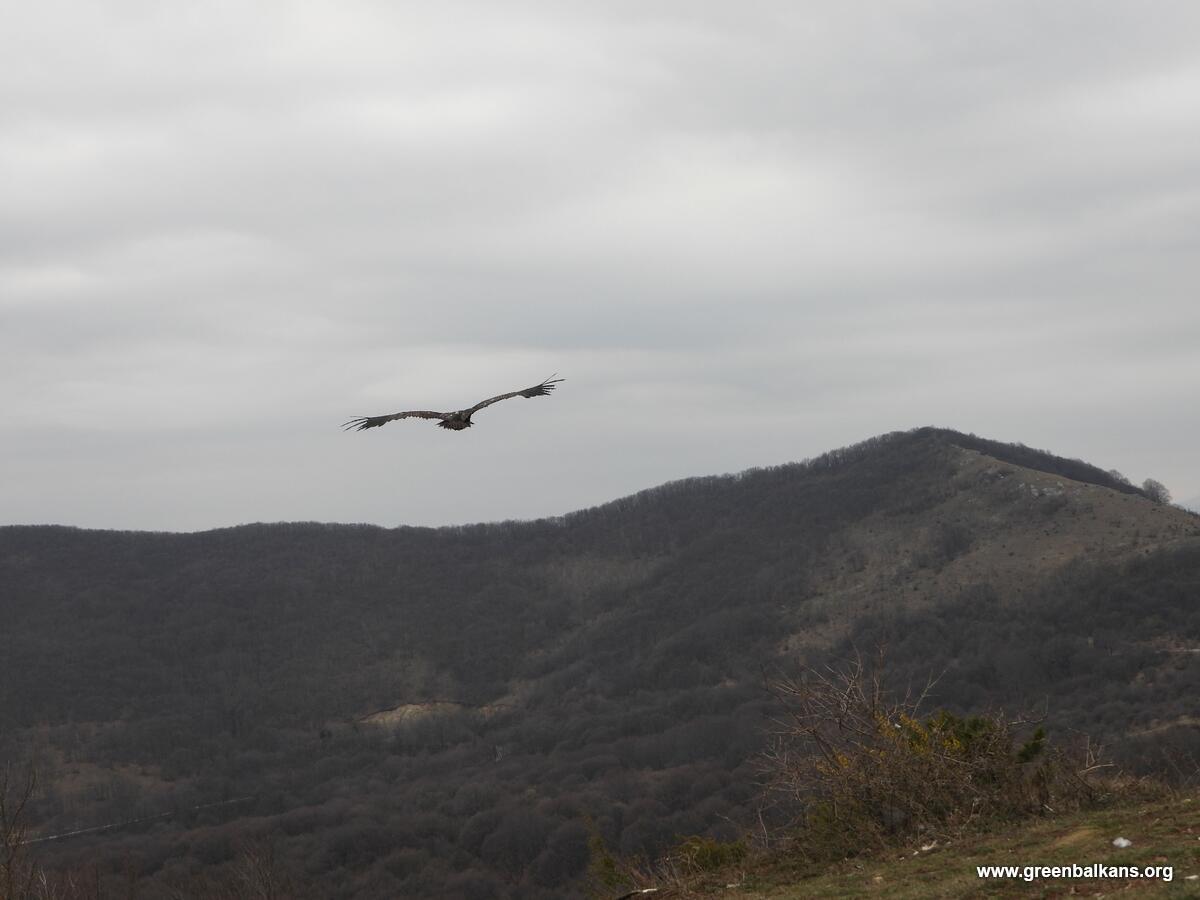A new paper just published by Arrondo et al in the journal Biological Conservation analysed the foraging strategies of 71 griffon and cinereous vultures tagged in Spain and foraging in the Portuguese-Spanish border region (which is largely defined by river valleys and is not associated with any abrupt or systematic change in terms of climate, topography or land cover). This fascinating research showed that these vultures rarely pass the Portuguese border – modelling strongly suggests that this was not because of any habitat, species or individual differences, but simple because of the fact that Portugal and Spain have radically different sanitary policies, with dead livestock being allowed to remain in the fields in Spain for vultures, while in Portugal they are collected by the authorities. This is a very neat study on how a political boundary ends up being am ecological barrier due to differences in wildlife management policies.
At the heart of the matter lie the EU and national regulations brought up to respond to the Bovine Spongiform Encephalopathy (BSE) crisis – an animal disease with serious human health implications, that could be spread through the presence of dead cattle. In 2001, after the BSE crisis, the EU prohibited the abandonment of livestock carcasses in the field, with impacts on the scavenging birds including vultures. Fortunately, a consensus among scientists and conservation managers led to improved EU legislations (CE 322/2003, CE 830/2005 CE 142/2011) that allowed for the conservation of the scavenging birds while taking care of the veterinary and sanitary issues. Nevertheless, the new legal framework did not establish mandatory guidelines for EU member states, which are allowed to develop their own regulations concerning livestock carcass disposal, under the EU principle of subsidiarity
This has resulted in a paradoxical situation where neighbouring countries in a continuous ecological region may apply different criteria, as occurs in the Iberian Peninsula. In Spain, home to c. 95% of European vultures, farmers can leave some carcasses for vultures in large swaths of the countryside, where vultures occur – which has benefited not only those endangered species but the farmers themselves, which have saved time and money, and the Spanish tax payer and the planet – as costly and polluting carcass removal and processing schemes could be minimised. In contrast, the Portuguese governmental authorities still require livestock breeders to remove dead animals from the field (Decreto-lei 38/2012), except for a few scavenger feeding stations (all located close to the Spanish border) that may be supplied with livestock carcasses under very restrictive licensing conditions – such as the ones being implemented under the LIFE RUPIS projects, in which the VCF also participates.
The neat research by Arrondo and colleagues shows that as a result the Spanish-Portuguese border acts as a quasi-impermeable barrier – this can clearly be seen in the maps above. The authors observed that there was an abrupt decline in the number of vulture locations across the Spanish-Portuguese border, and modelling showed that this was unlikely to be related to differences in land cover or topography but simply on differences in trophic resource availability, namely carcasses from extensive livestock husbandry, resulting from the differential application of European sanitary legislation. This is a clear case study on how the differences in the uptake of EU regulations across countries can impact on vulture conservation,
This paper suggests that there is a need for stronger integration of sanitary and environmental policies at the European level, and builds a clear case for Portuguese veterinary authorities to harmonise the national regulation with the Spanish one – for the benefit of vultures, livestock breeders, and the wider citizens.
You can download the paper below.
Photo: Bruno Berthémy/VCF
![]() Why do foraging Spanish vultures stop at the Portuguese border? Invisible barriers vultures Portugal. BC Adobe Acrobat Document 516.4 KB Download
Why do foraging Spanish vultures stop at the Portuguese border? Invisible barriers vultures Portugal. BC Adobe Acrobat Document 516.4 KB Download



